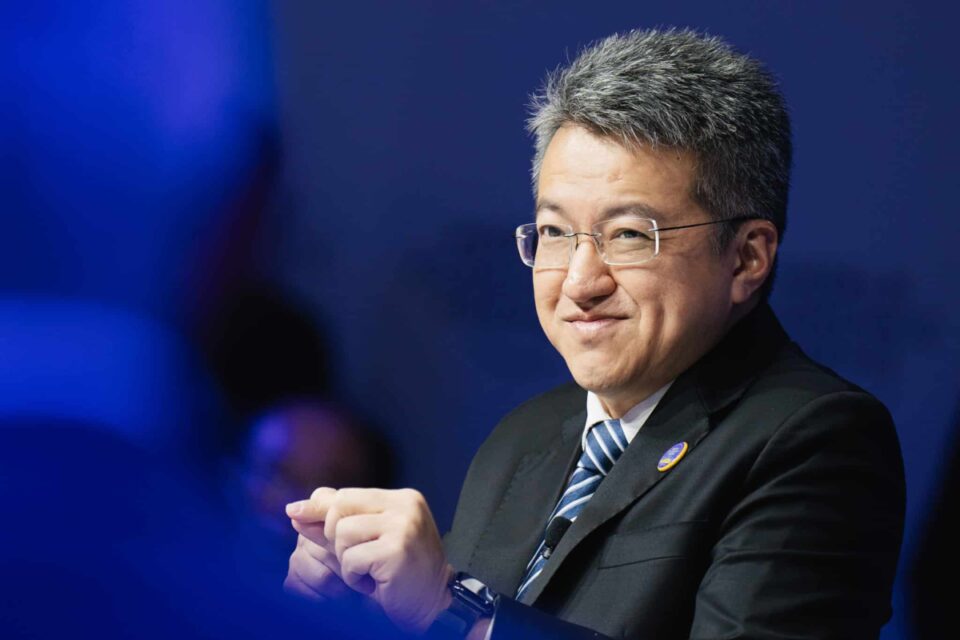KUALA LUMPUR, July 1 — Malaysia must start implementing carbon pricing to facilitate trading and taxing as the European Union prepares to start its Carbon Border Adjustment Mechanism (CBAM) in 2026.
Deputy Investment, Trade and Industry Minister Liew Chin Tong said the collections must be channelled into green investment, including green steel.
“Carbon pricing, trading, and taxing are crucial aspects of the decarbonisation agenda.
“Under the CBAM, the export of steel and five other items from Malaysia will be taxed by the European Union, unless Malaysia collects tax,” he said.
He said this at the launch of the Malaysian Iron and Steel Industry Federation’s (Misif) 15th Report on the local iron and steel industry.
Liew said the Investment, Trade and Industry Ministry is committed to working with the industry to overcome its scrap metal challenge, find ways to deal with shortages, and create a better ecosystem.
He noted the iron and steel industry is heavily influenced by global factors, and policy changes or market trends in China or the United States will have a ripple effect on the profitability and survival of the Malaysian steel industry.
“I am of the view that the construction and real estate sector in China is undergoing an unprecedented structural shift. Global demand for long products or construction steel will therefore be affected for an extended time, maybe for years.
“Global steel demand declined for the second consecutive year to 1,763 million tonnes in 2023. The regional analysis provided by the Misif Report is important for policymakers and for the industry to make decisions,” he said.
Liew said Malaysia’s capacity utilisation of crude steel products (billets, blooms, slabs) for 2023 stood at 39.1 per cent, significantly lower than the global level of 75.7 per cent and the Asean-6 level of 60.1 per cent.
However, he said, flat products may have a brighter prospect, given there is a once-in-a-generation relocation of the supply chain from China to Southeast Asia.
“With more manufacturing activities in Southeast Asia, flat products commonly used in the automotive, heavy machinery and appliances industries should have better prospects,” he said.
— Bernama





